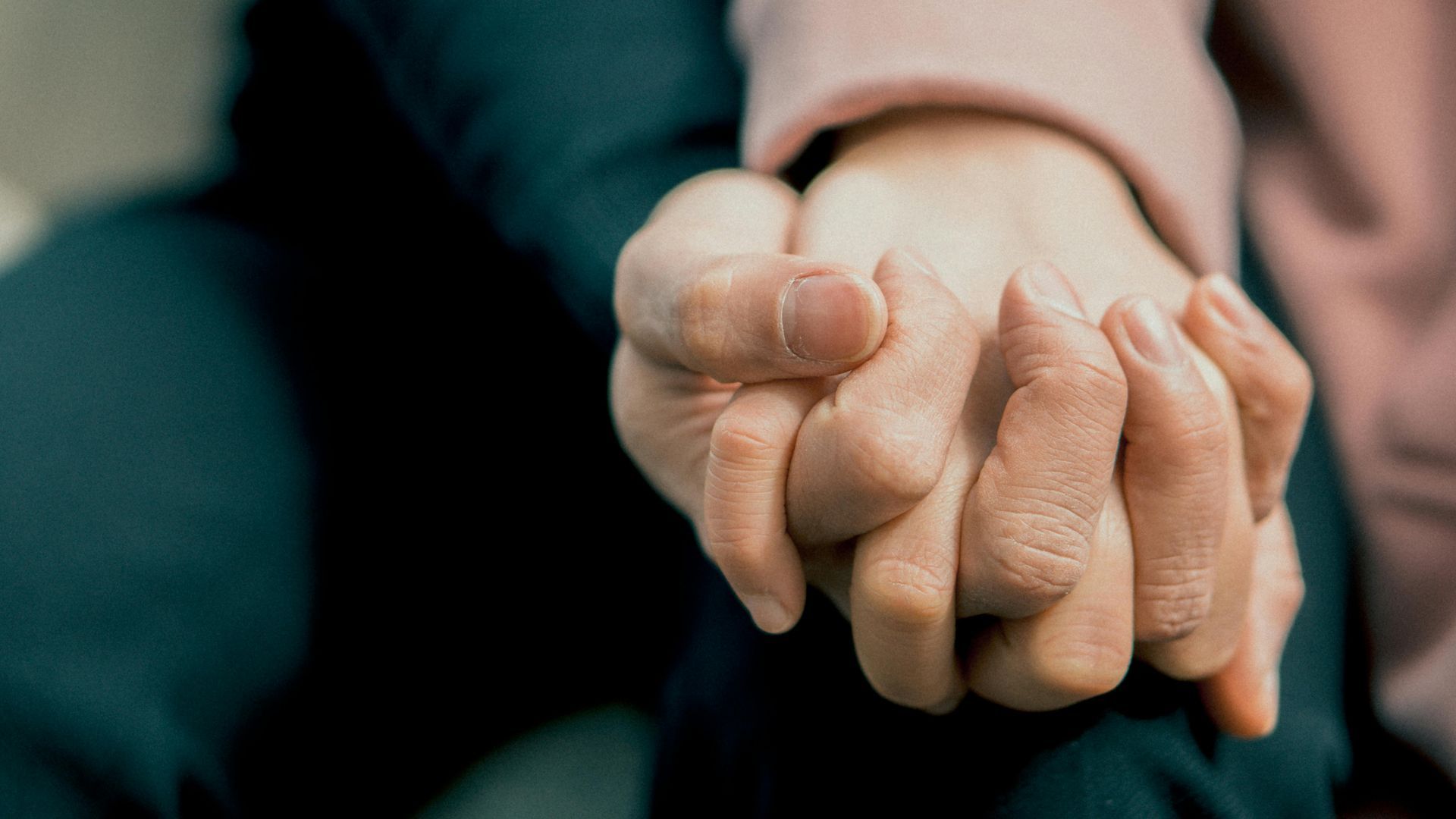6 Ways to Help People with a Traumatic Brain Injury
6 Ways to Help People with a Traumatic Brain Injury
Living with a traumatic brain injury (TBI) is difficult enough without an adequate support system to help guide a person. If someone you care about has a TBI, it is important to know what you can do to be that support. Seeking help is not something you should shy away from.
Centers that specialize in treating individuals with a TBI are a perfect way to start. They can help guide you towards a series of steps that you can take to help the individual overcome their newfound diagnosis. Here are six ways to help a person you care deeply about better deal with their traumatic brain injury.
TBI Sufferers Cannot Get Enough Rest
Here is some advice that is equally applicable to both the person suffering from TBI and the individual charged with taking care of such a patient. Rest is essential. Being one of the essential organs in the body, the brain needs to be given time to recover after it has been traumatized. Having someone there to help create a restful environment at home or in a care facility is essential. The caregiver also needs to find time to relax to be there 100% when the patient is in need.
Make Sure Further Injury is Avoided
When the brain is recovering, it is imperative that it not be traumatized any further. This means that part of the role of the caregiver is to ensure that the patient is not put in a situation where an unforeseen event can cause even more injury. This means avoiding the potential for falls, head trauma, and over-exertion. If further harm can be avoided, the recovery process will go much more quickly.
Only Doctors Should Give the OK to Resume Normal Activity
It is perfectly natural to want to get back out there and do routine everyday tasks as soon as possible after a traumatic brain injury. A person with such an injury may even start to feel better and think it is ok to resume such activities. Unfortunately, we do not always sense what our brain is feeling. It is important to remain under the constant care of a trained physician. Only when a doctor says regular activity can be resumed should a caregiver encourage such behavior.
Alcohol and Smoking Are Not Advisable
This is one case when the doctor’s advice should be listened to. Tobacco and alcohol can noticeably delay that recovery time from a traumatic brain injury. In some cases, it can make the problem worse. A caregiver must be a source of support in this area. Keep temptation at bay, which might mean that you may need to forego alcohol and smoking yourself for the time being to be a consistent source of encouragement.
Do Not Self-Medicate
This is not a time to resort to the Internet to discover new medications that are designed to treat traumatic brain injuries. This goes for over-the-counter medicines as well. Only use prescribed medication and the recommendation of a doctor when it comes to treating TBI. Caregivers should not take it upon themselves to diagnose new treatments as well.
Rehabilitation Services Are Extremely Helpful
While you will likely be helping your loved one recover at home as much as possible, there is real value in visiting a rehab center as well. These are staffed by trained professionals who can give you the support, care, and education you need to recover fully. This goes for nutritional advice, physical therapy, and so much more.
Summary
It is important to remember that every individual is different when it comes to overcoming a traumatic brain injury. In the end, these suggestions are meant to be general guidelines that can help everyone successfully cope with the aftermath of such an injury. The key is to have a caring and understanding support team. This alone can help the recovery process immensely.
Recent Posts
- Proving Eligibility: Securing Worker’s Compensation After a Traumatic Brain Injury
- Navigating Life after Traumatic Brain Injury: Effective Symptom Management Strategies
- Navigating the Academic Journey: A Guide for Military Veterans with Traumatic Brain Injuries
- Protecting Developing Brains: Tips for Preventing Traumatic Brain Injuries in Children
- Students with TBI and the Education Process
The post 6 Ways to Help People with a Traumatic Brain Injury appeared first on Flourish Supportive Living Assisted Living for Brain Injury.






All Rights Reserved | Flourish Supportive Living | By Digital Marketing Dude Website Development Westminster CO







